P2: Degradation Mechanisms in Organic Electronics (until 09/2023)
Organic semiconductors are a central topic among the materials-research community.
Due to their advantages over inorganic semiconductors, they are of high interest for commercial products like OLED-screens, organic photovoltaics and electronics. They also represent an interesting class of materials for applied and fundamental research. Our main aim is to develop a scale bridging model to understand degradation mechanisms in organic semiconductors from intra- and intermolecular to device scale processes.
We use ultra-fast, semi-empirical methods based on an approximated density functional theory (DFTB) to obtain electronic and molecular properties as charge and exciton transfer integrals, electronic disorder, excited states spectra and many more. To parametrize and benchmark these methods, highly accurate quantum chemical calculations are performed using density functional theory (DFT) combined with the Bethe-Salpeter equation (GW-BSE) and efficient wavefunction based methods. We also investigate possible chemical reactions of the molecular constituents using these high accuracy methods. The obtained electronic and molecular properties are further used to conduct kinetic Monte-Carlo (kMC) simulations of the charge and exciton dynamics and to study whole OLED devices based on first principles.
| Name | Title | Group | Contact |
|---|---|---|---|
| Cortés Mejia, Rodrigo | Dr. | Prof. Wim Klopper / PD Dr. Sebastian Höfener, KIT IPC (P2) | rodrigo mejia ∂does-not-exist.kit edu CN 449 |
| Özdemir, Ali Deniz | Prof. Wolfgang Wenzel, KIT INT | ||
| 1 additional person visible within KIT only. | |||


